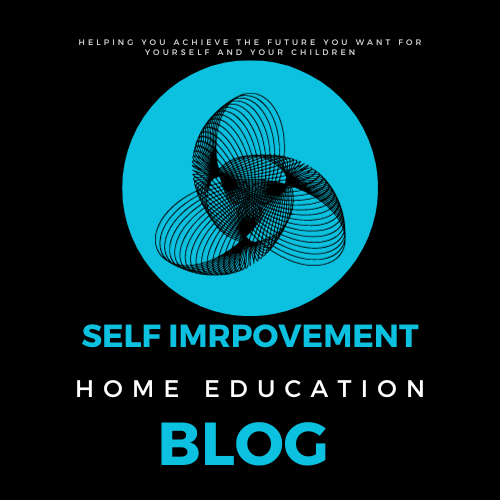
In the ever-evolving landscape of education, homeschooling has become
an increasingly popular choice for families seeking a personalized and flexible
approach to learning. Today, we’ll delve into the realm of elementary school
education, focusing on grades K-5 (ages 5-10), with a particular emphasis on
Social Studies. We’ll explore how parents can facilitate a comprehensive understanding
of geography, history, civics, and economics, laying the foundation for a well-rounded education.
1. Geography:
Understanding the world around us is crucial, even from a young age. Begin with
introducing basic geography concepts. Use maps, globes, and interactive tools to
explore continents, countries, oceans, and landmarks. Engage in discussions about
diverse cultures, climates, and ecosystems. Encourage hands-on activities such as
creating simple maps or engaging in virtual tours to make geography come alive.
2. History:
Elementary school years are ideal for introducing historical narratives that captivate
young minds. Start with age-appropriate stories about ancient civilizations like Egypt,
Greece, and Rome. Discuss the lifestyle, achievements, and contributions of these societies,
emphasizing their impact on our modern world. Utilize interactive resources, videos,
and projects to make history an exciting journey of discovery.
3. Civics and Economics:
Teaching young children about civics and economics may seem challenging, but it’s
essential for building informed citizens. Introduce basic concepts of government,
community, and responsibility. Explore economic principles through simple activities
like setting up a mini-market or conducting a class vote. Foster a sense of civic duty
by discussing the importance of respecting others, contributing to the community,
and understanding basic rights and responsibilities.
4. The Three Branches of the U.S. Government:
Break down the complexity of the U.S. government into digestible bits for young learners.
Introduce the executive, legislative, and judicial branches through interactive games and
discussions. Help children understand the roles of the President, Congress, and the
Supreme Court in shaping the nation. Use real-life examples and relatable scenarios
to make these abstract concepts more tangible.
5. Impact of Past Civilizations on Modern Culture:
Encourage critical thinking by exploring the profound influence of past civilizations on our
contemporary world. Discuss how ancient philosophies, inventions, and cultural practices
have shaped our modern societies. Highlight connections between historical events and
present-day institutions, social norms, and political ideologies. Foster an appreciation
for the rich tapestry of human history and its enduring impact.
Conclusion:
Homeschooling offers a unique opportunity to tailor education to the individual needs
and interests of each child. By embracing a holistic approach to Social Studies, parents
can instill a love for learning and a deep understanding of the interconnectedness of our
world. As we guide our young learners through the fascinating realms of geography,
history, civics, and economics, we equip them with the knowledge and curiosity
needed to navigate the complexities of our global society.
Post Disclaimer: The information on this website is public information
and is not individual legal advice. Readers should not rely on or take
any action based upon the information on this website and professional
advice should be obtained particular to the legal circumstances one is
facing. While we strive for accuracy, it is possible that the information
on our site may contain errors or omissions. We disclaim any liability
for any such errors or omissions.
Affiliate Links Disclaimers: Some of the links on this website are
“affiliate links.” This means if you click on the link and purchase the
item, we will receive an affiliate commission. We disclose this in
accordance with the Federal Trade Commission’s 16 CFR, Part 255:
“Guides Concerning the Use of Endorsements and Testimonials
in Advertising.
